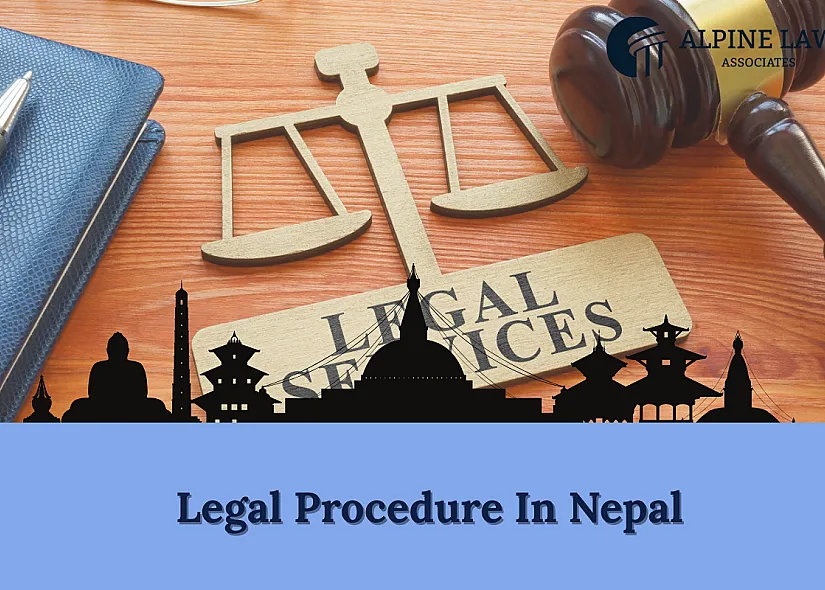Homicide Laws in Nepal: Classification, Punishment, and Legal Provisions
This article provides an in-depth explanation of homicide laws in Nepal as outlined in the National Penal Code, 2074. It covers all classifications of homicide—including intentional, provocational, reckless, and negligent—along with their respective punishments and legal implications. The content also includes important notes on attempted homicide, abetment of suicide, and abandonment of dependents. Backed by legal expertise from Alpine Law Associates, this guide ensures you understand your rights, responsibilities, and the legal consequences of homicide-related acts in Nepal.



-thumb_big.webp)
-thumb_big.webp)
-thumb_big.webp)
-thumb_big.webp)
-thumb_big.webp)
-thumb_big.webp)
-thumb_big.webp)
-thumb_big.webp)
-thumb_big.webp)

